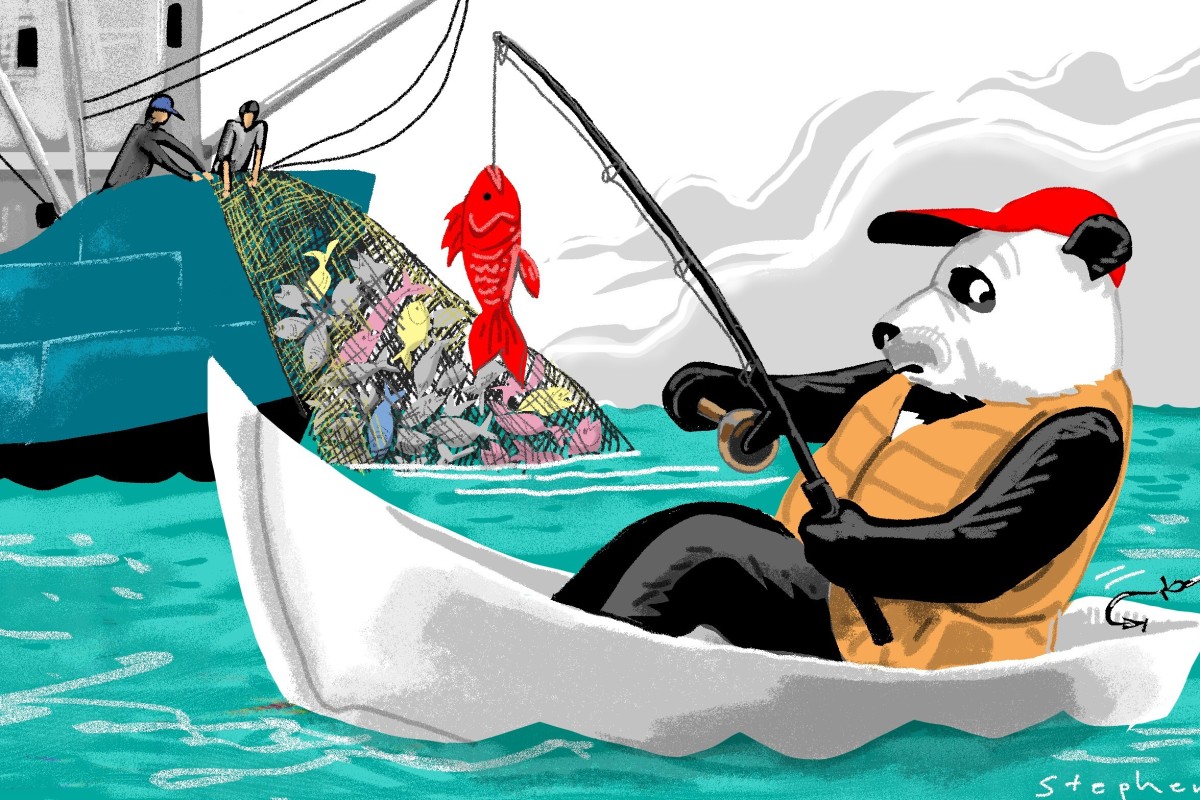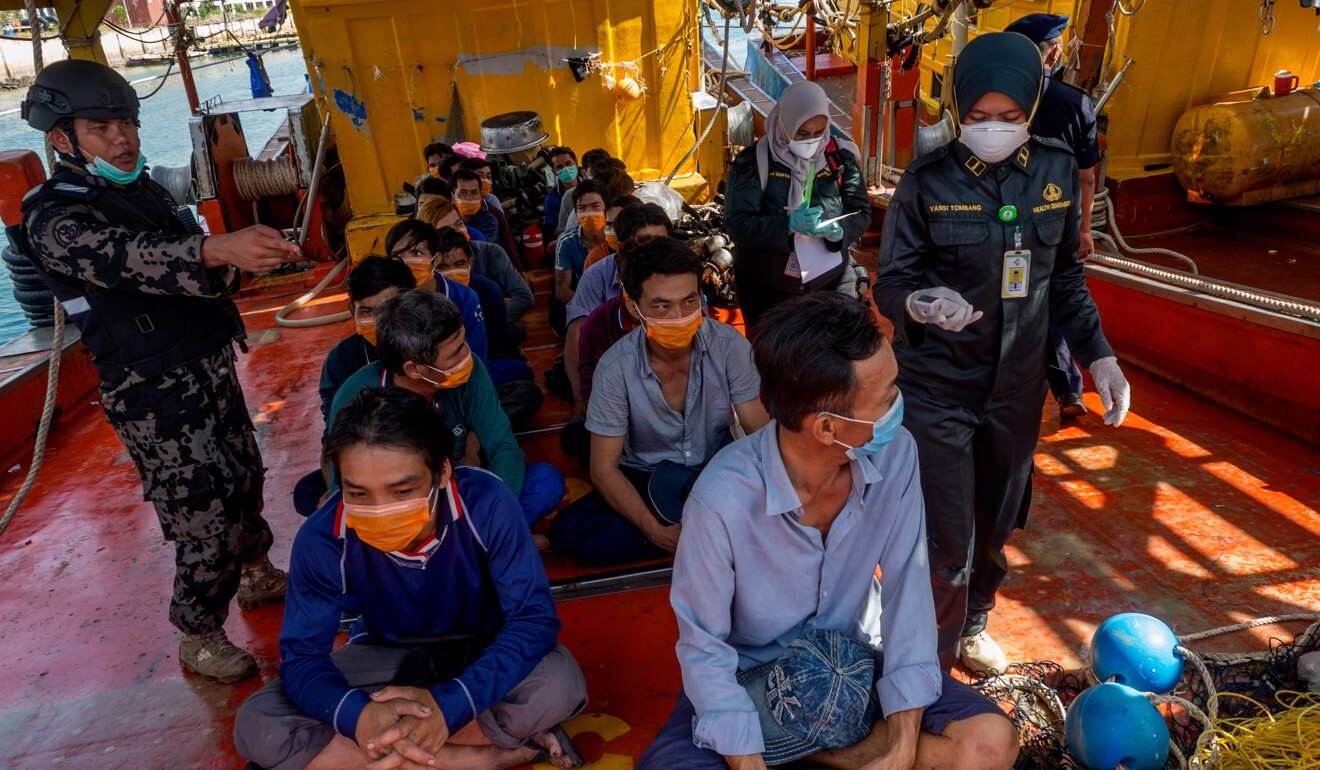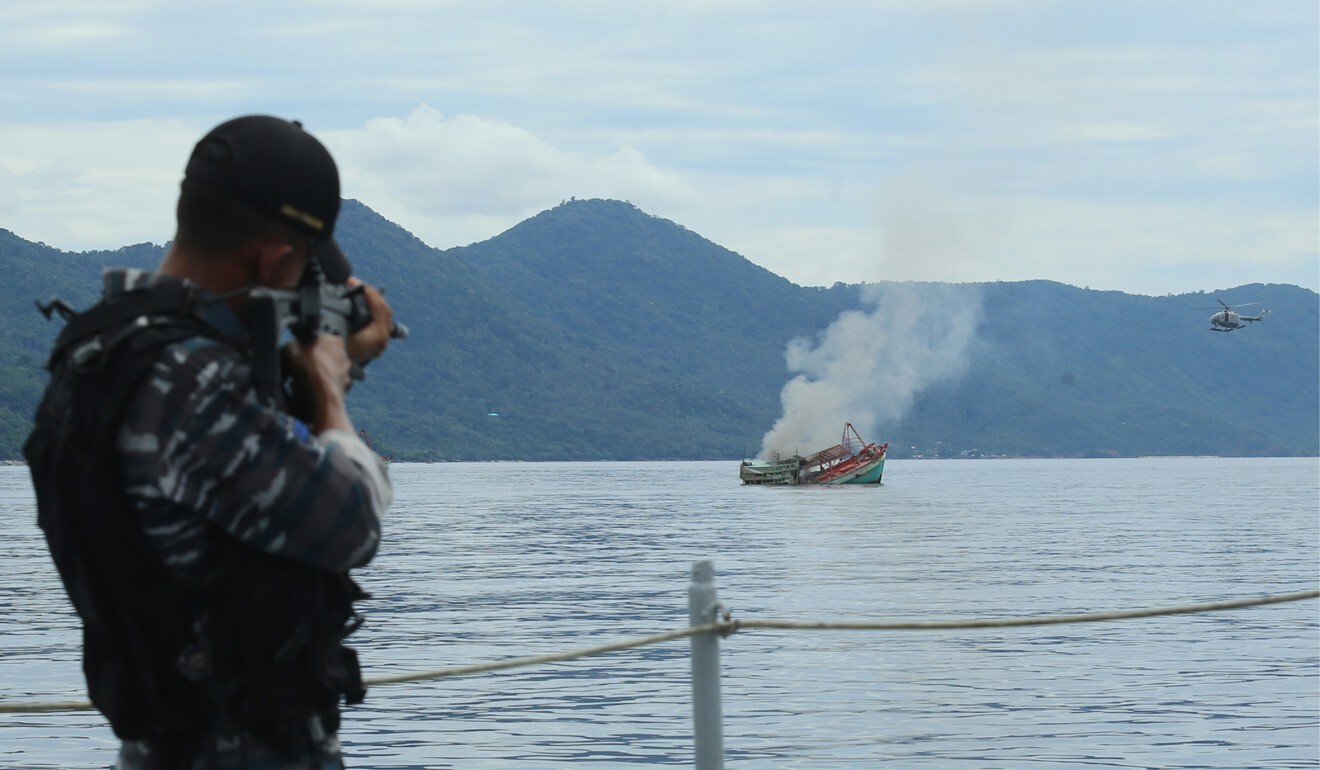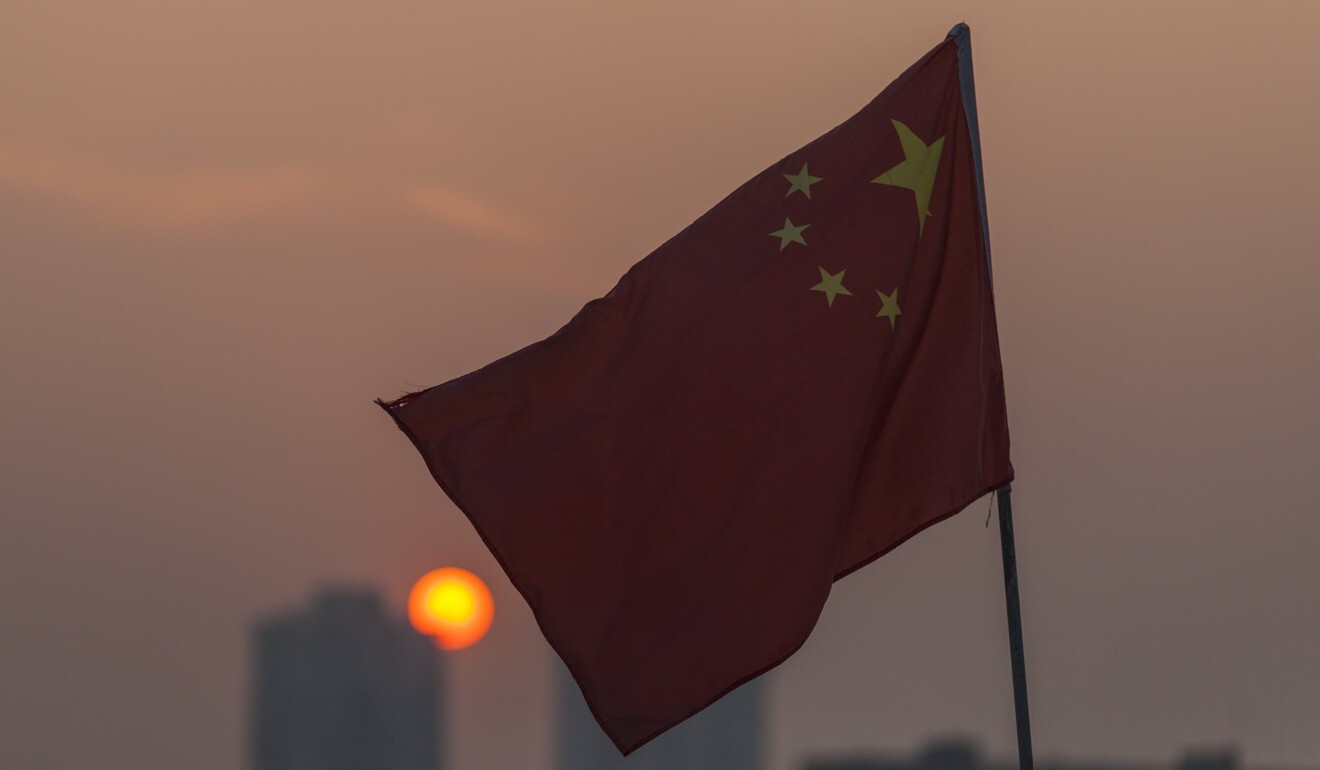- Rampant illegal fishing – by flagged vessels from many nations, not just China – has made the problem more complex
- Data on arrests over illegal fishing show China is far from being the worst aggressor, and painting it as such only further muddies the water

Mark J. Valencia 11 Apr, 2020

If they were asked which country is the biggest fish thief in the South China Sea, most casual observers would answer “China”. After all, it has been widely portrayed as the country behaving the worst in the area.
A flurry of recent articles in prominent media, including The New York Times, perpetuates this perception, highlighting Chinese fishing vessels’ aggression in waters claimed by others and criticising Beijing for not preventing such “stealing”.
But this perception needs to be put in perspective. While it may be fashionable to demonise China, the country is certainly not the only one stealing fish and challenging others people’s rights to the catch. Indeed, it is not even the major “fish thief” in the South China Sea.
Illegal fishing by Chinese fleets is but the tip of the iceberg when it comes to “illegal, unreported and unregulated fishing” – to use a term favoured by international bodies – in the South China Sea. Due to lax enforcement and reporting requirements, much remains unknown about this problem, including precisely who is fishing what, how much and where.
Vessel self-reporting is notoriously unreliable. Analysts have used satellite photos and vessel automatic identification systems to track fishing boats operating in waters claimed by others. But satellite photos do not give the regional picture or distinguish between, say, a fishing boat, a supply vessel or maritime militia. Meanwhile, some vessels do not have an automatic identification system, purposely turn it off, or conceal their identity as a fishing vessel.

The reported arrests of flagged boats may indicate the relative degree of a country’s illegal fishing. Of course, such data does not tell the whole story: it does not factor in the relative cleverness of captains to evade detection and arrest, or political considerations regarding enforcement against a particular country’s fishing boats. But it could provide a rough indication of illegal activity.
Vessels caught by Indonesia for illegal fishing in its waters come from several countries, mainly Vietnam. In April 2017, Indonesia announced that 317 fishing boats have been confiscated and destroyed since President Joko Widodo took office in October 2014. Of this total, 142 were from Vietnam, 76 from the Philippines and 49 from Malaysia. Only one was from China.
Why fishing boats are on the front lines of the South China Sea17 Feb 2020
In August 2018, Indonesia sank 125 foreign vessels – among them 86 from Vietnam, 20 from Malaysia and 14 from the Philippines. In January last year, Indonesia detained 18 foreign fishing vessels – 11 Vietnamese and seven Malaysian – but none from China.OPINION NEWSLETTERGet updates direct to your inboxSUBSCRIBEBy registering, you agree to our T&C and Privacy Policy
Between 2006 and May last year, Malaysian authorities detained a total of 748 vessels and 7,203 Vietnamese crew members on suspicion of illegal fishing.
In the case of fishing in Indonesia’s claimed exclusive economic zone, Vietnam has an excuse, depending on where the offending vessels were fishing. According to its interpretation of the UN Convention on the Law of the Sea, it claims an exclusive economic zone that overlaps with that of Indonesia, beginning about 100 nautical miles north of Natuna Besar.

China also claims the area as traditional fishing grounds. Foreign ministry spokesman Geng Shuang said in January: “Whether the Indonesian side accepts it or not, nothing will change the objective fact that China has rights and interests over the relevant waters.” This claim is not supported by the UN Convention on the Law of the Sea, to which all are parties.In late December last year, in the incident that drew the recent round of criticism, 63 Chinese fishing boats accompanied by up to three coastguard vessels entered Indonesia’s claimed exclusive economic zone off Natuna. Indonesia protested vehemently and even sent warships and fighter jets to the area.In this instance, China admitted that its fishing vessels had taken fish from Indonesia’s claimed waters and its fishing boats at least temporarily left Indonesia’s claimed exclusive economic zone. That is more than most other governments have done even when caught red-handed.
Most of the region’s illegal fishing boats carry the Vietnamese flag. This is understandable since Vietnam also has the largest fishing fleet operating in the South China Sea – 129,519 vessels vs 92,312 for China, according to figures in 2012. (Taiwan has about 232,000 vessels but only a small portion operate in the South China Sea.)

Vietnam’s reputation for lack of control of its fleet was confirmed in 2017 when the European Commission issued it with a “yellow card” to highlight its inadequate measures to deter illegal and unregulated fishing. This warning may not have been given specifically because of Vietnam’s illegal fishing in the South China Sea, but it reflects its general lack of control of its flagged fishing vessels.Contributing to its appearance of “bad” behaviour, China’s coastguard has intervened in Indonesia’s attempts to enforce its fishing laws. But, again, it is not alone in doing so. In April 2019, a Vietnamese coastguard vessel rammed an Indonesian navy warship as it was attempting to arrest a Vietnamese fishing vessel suspected of fishing illegally.
As Indonesia stands up to China, who will follow in Southeast Asia?17 Feb 2020
Vietnam has been aggressive in its response to what it sees as China’s illegal incursions into its claimed maritime zone. China’s analysts are now firing back. The South China Sea Strategic Situation Probing Initiative at Peking University used remote sensing data to reveal that many Vietnamese fishing boats were operating illegally in China’s internal and territorial waters – as well as in its undisputed exclusive economic zone off Hainan.And in the most recent incident between a Chinese coastguard vessel and a Vietnamese fishing boat near the Paracels, in which the fishing boat sank, both sides accused the other of being the instigator.
In such tense situations, it is all the more important to point out that there are many fish “thieves” in the South China Sea and, of these, China is not the greatest. Media reporting on the disputes should publish a broader or more balanced perspective of the problem rather than jumping on the China-bashing bandwagon.
Mark J. Valencia is an adjunct senior scholar at the National Institute for South China Sea Studies, Haikou, ChinaSign up now and get a 10% discount (original price US$400) off the China AI Report 2020 by SCMP Research. Learn about the AI ambitions of Alibaba, Baidu & JD.com through our in-depth case studies, and explore new applications of AI across industries. The report also includes exclusive access to webinars to interact with C-level executives from leading China AI companies (via live Q&A sessions). Offer valid until 31 May 2020.

Dr Mark J. Valencia is an internationally known maritime policy analyst, political commentator and consultant focused on Asia. He is the author or editor of some 15 books and more than 100 peer-reviewed journal articles. Currently he is adjunct senior scholar at the National Institute for South China Sea Studies.
